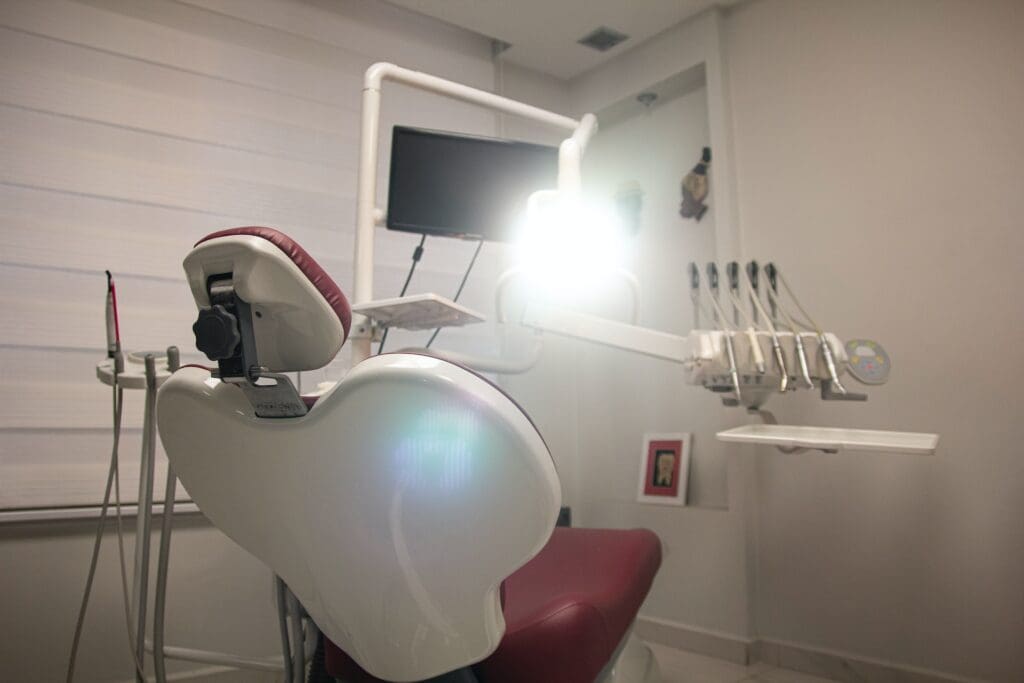Infection usually causes toothaches in the tooth or the gums surrounding it. It can be the result of a cavity, a crack in the tooth, or gum disease. Whatever the cause, the infection leads to inflammation and pain.
Several home remedies can help ease the pain of a toothache and promote healing. These include rinsing your mouth with warm salt water, applying a cold compress to the outside of your cheek, and taking over-the-counter pain relievers.
If the pain is severe or persists for more than a day or two, you should see your dentist. They can determine the root cause and recommend the best course of treatment. In some cases, the tooth may need to be removed, or a root canal may be necessary.
What Is an Abscessed Tooth?
An abscessed tooth is a severe dental condition that occurs when a tooth’s root is infected. This infection can spread to the surrounding tissue and cause significant pain. If left untreated, it can lead to grave health problems.
There are two types of abscessed teeth: a periapical abscess, which occurs at the tooth’s root tip, and a periodontal abscess, which occurs in the gums. Both infections are caused by bacteria that enter the tooth through a crack or cavity. Symptoms of an abscessed tooth include:
- severe toothache
- sensitivity to hot and cold temperatures
- pain when chewing or biting
- swollen gums
- fever
- bad taste in the mouth
- foul-smelling breath
If you think you have an abscessed tooth, it is essential to see a dentist right away. An abscessed tooth is a severe condition that needs to be treated by a professional.
Treatment for an abscessed tooth usually involves a root canal procedure. The dentist will clean the infected tooth and root during a root canal. In some cases, the dentist may also place a crown on the tooth to protect it from further damage.
Treatment Options
An abscessed tooth is a severe dental condition that requires prompt treatment. An abscess can lead to serious health complications, including infection and death if left untreated. There are two main types of treatment for abscessed teeth:
- Antibiotics are the first line of treatment for an abscessed tooth. They can help to clear the infection and reduce the pain and swelling.
- Surgery: Surgery may be necessary if the infection does not respond to antibiotics or is severe. Surgery involves draining the abscess and cleaning the infected area. In some cases, the tooth may need to be removed.
If you have an abscessed tooth, you must see a dentist as soon as possible. Prompt treatment can help to prevent serious health complications.
Conclusion
If you think you have an abscessed tooth, it is essential to seek professional dental care as soon as possible. It is a severe infection that can damage your jawbone and spread to other parts of your body if left untreated. While you wait for your appointment, you can take over-the-counter pain relievers and apply a warm compress to the affected area to help relieve pain and swelling.
If you notice the telltale signs of an abscessed tooth, you should ask for the professional help from Danvers Aesthetic Family Dentistry. Family dentists are trained to fix abscessed teeth and prevent the root cause from spreading to other teeth. So, schedule an appointment now!

